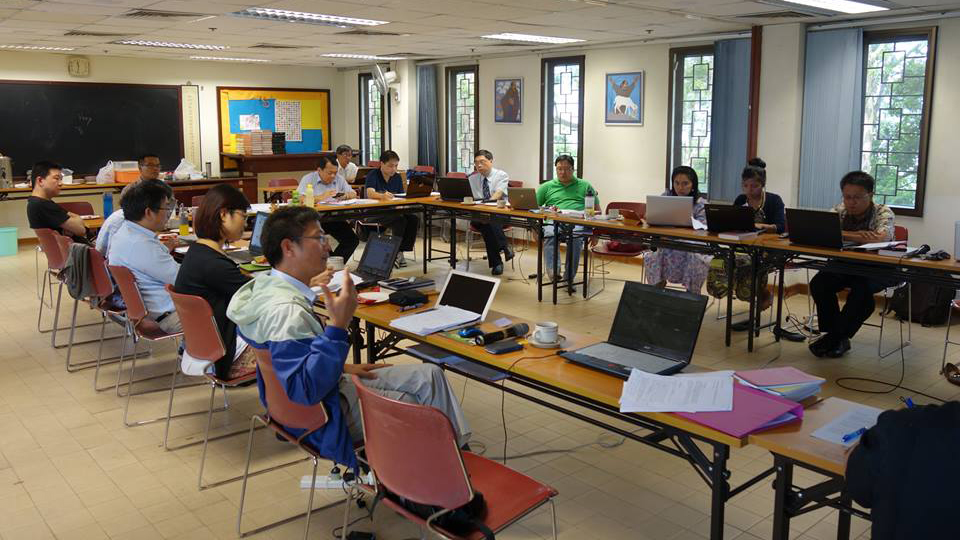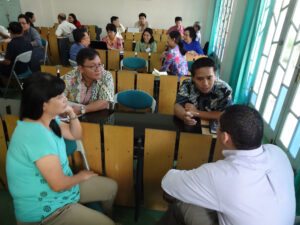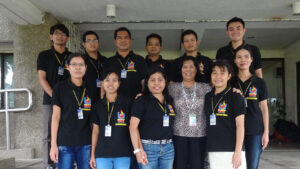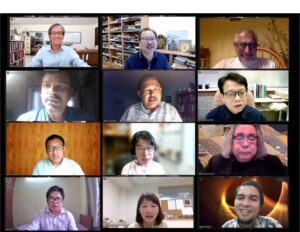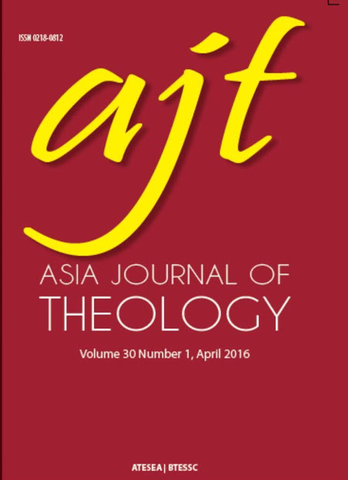Doctoral students gain academic and community exposure in ATU Methodology Seminar
Fourteen (14) participants from Hong Kong, Indonesia, Philippines, and Myanmar attended the Methodology Seminar on July 10-15, 2017 at McGilvary College of Divinity, Payap University, Chiang Mai, Thailand.
The doctoral students gained new academic and community exposure from the invited lecturers who shared their respective expertise. Dr. Joas Adisprasetya from Jakarta Theological Seminary discussed on “Technology and Research.” He gave inputs on how to master the computer softwares like the Microsoft Word Office and Zotero for efficient research paper preparation. Dr. Leonard Wee of Trinity Theological College lectured on “Biblical Intertextuality.” He encouraged students to see the biblical texts in “slow motion” to gain new insights. Dr. HS Wilson of Foundation for Theological Education in South East Asia (FTESEA) shared the complexity of looking into the “History of Christianity.” Dr. Kung Lap Yan from Divinity School of Chung Chi College talked on “Public Theology” and he highlighted the importance of communicating one’s theology as a contribution to public discourse. Dr. Hope Antone of the United Board for Christian Higher Education in Asia (UBCHEA) dealt with the theologies of Feminism and Ecumenism, an eye-opener for most participants. Finally, Dr. Lester Edwin Ruiz of the Association of Theological Schools (ATS) in US and Canada discussed the role of one’s Social Locations (Positionality, Solidarity, and Intersectionality) in doing “Critical Interpretation.”
The doctoral students presented their dissertation proposals under the guidance of Dr. Ruiz. His helpful comments, together with feedback from other students, enabled each participant to have valuable insights for the improvement of his/her research.
The seminar was not only an academic exercise but also an exposure to Thailand’s community. A visit to the Buddhist temple and a dialogue with a Buddhist monk enabled the students to have a deeper understanding of the Buddhist religion. An interview with an HIV person was an opportunity to learn from a marginal group of the society.
More than the academic sharing, the Methodology Seminar was a fellowship leading to friendship. Putting together doctoral theology students from different Asian countries in one seminar provided a sense of plurality of contextual thinking. In addition, the seminar made each one realize that God’s invitation is open to all, even to those outside of their own individual context. The students look forward to attend the next ATU Colloquium as a follow-up on their research presentations.

